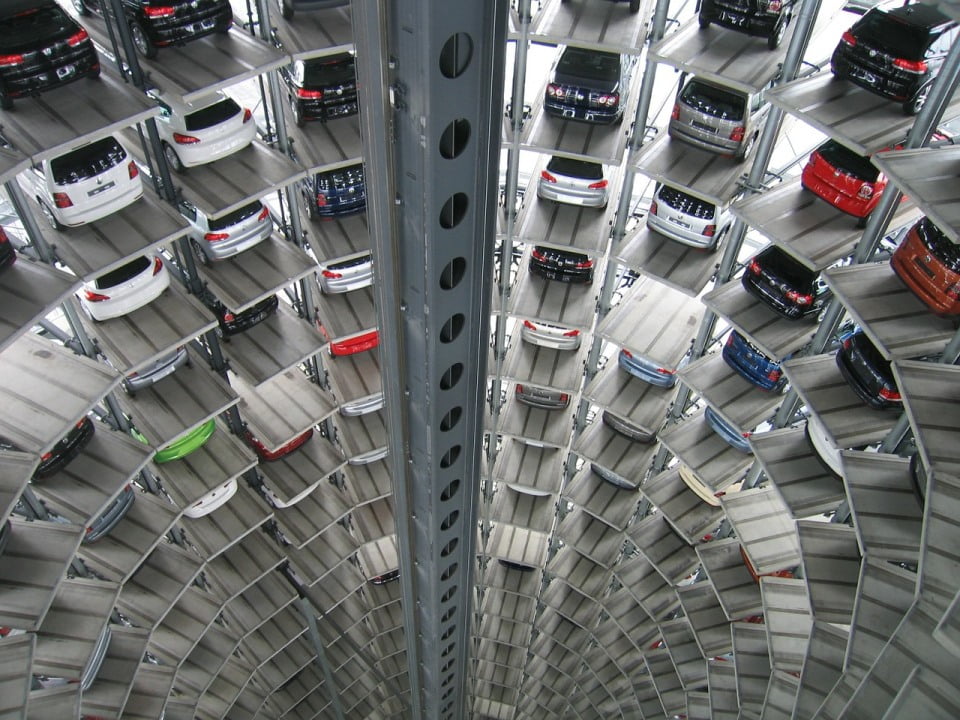This article was first published by The Times of Israel and was re-posted with permission.
City centers the world over are getting more crowded, and that means drivers are having a harder time finding parking.
SEE ALSO: Meet The Top Israeli Mobile Apps Revolutionizing Parking
Recognizing that not everyone is going to give up their vehicle and take a train or a bus, Israeli firm Unitronics has been developing an automated parking system to remedy the situation – providing builders with the ability to fit more cars in less space, saving them time and money, and saving the parking structure’s neighbors from excess pollution.
According to Yair Goldberg, CEO of Unitronics Systems, the company is well-equipped to deploy the novel – and much-needed – solution. “We bring decades of experience in the automated solutions industry, bringing an industrial, compact and cost-efficient approach to residential auto parking,” he said.
As more people flock to downtown to live, work and shop, there’s a greater need for parking spaces. In addition, there are a slew of regulations regarding parking that builders need to follow, such as ensuring that there are enough spaces for residents and potential visitors to commercial centers, and, in flood-prone areas, building parking structures above ground to better protect vehicles.
Sign up for our free weekly newsletter
SubscribeSEE ALSO: Hanging Garden Will Cover Israel’s Busiest Highway
With limited space, the only sensible way to build an above-ground parking structure is up. But, you can only go so high; nobody is going to drive up to the 50th floor to look for a space.
No person, that is – but a machine, like the one developed by Tel Aviv-based Unitronics Systems, doesn’t care if it has to cart a car to the first, 10th, or 100th floor of a parking structure. And while the company has yet to build a 100-story parking structure using its automated “untouched by human hands” parking system, the sky is the limit for the company’s Automated Vehicle Storage and Retrieval System (AVSRS) system.
To read the full article, click here.
Photos and video: Courtesy
Related posts

Editors’ & Readers’ Choice: 10 Favorite NoCamels Articles

Forward Facing: What Does The Future Hold For Israeli High-Tech?

Impact Innovation: Israeli Startups That Could Shape Our Future





Facebook comments